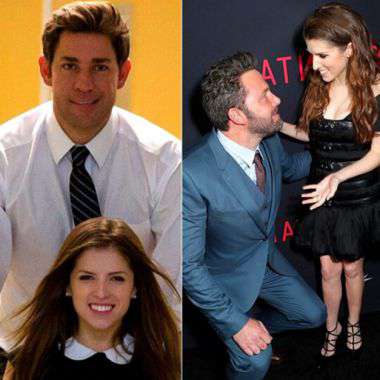
One thing that’s clear is that monsters and killers hate being on camera. Camera gets dropped, action happens RIGHT OFF CAMERA
#The cameraman just kept recording omgwhut professional
No professional camera would “forget”to turn their camera off. Most home video cameras need to be recharged after an hour or two of use.Īny documentary crew, especially if they’re in the middle of nowhere, is going to be super concerned about battery life. Apparently, in these movies, cameras have insanely long battery life.

While the camera is just sitting there recording, of course something CRAZY happens right in front of the camera. The camera man puts the camera down, but he forgets to shut it off, and stop recording. It has to happen, but these movies have found a work around. Or if they’re going to the store, or whatever, sometimes its just time to put the camera down. If characters are arguing about relationship stuff, no one wants to film that. Sure, you can run and hold a camera at the same time, but would you do it if you were running for your life? Forgetting to turn the camera offĮven found footage movies know that people don’t record everything. Those are two completely different positions, and they don’t really work well together. Think about how you run, and think about how you hold a camera. They’re all running for their lives, but their friend with the camera is running with one arm outstretched and the camera pointed forward the whole time. Think of what this scene would look like from the other characters perspective. Running with the camera, still pointed forward the whole time Because “people need to know what happened.” Which was especially important in Cloverfield because a giant monster was attacking New York City, which probably would’ve gone under the radar except for that fat guy who filmed the whole thing on a home camera. That’s all the explanation that’s needed, even though there are often scenes when people need help, and the cameraman just stands there filming the whole thing. He responds with something along the lines of “so people know what happened” and then the point is dropped. In Cloverfield, there’s a part where one of the characters asks the guy filming everything why he’s still filming, which is a valid point. They knew they had to prepare, so they either purposely forgot their flashlights or planned on using the bulky camera light the entire time.

It makes even less sense in documentary style movies, because the characters knew they were going to the woods or abandoned asylum or the moon. I own a camera, the power has gone out, I’ve needed a flashlight, so I just use a flashlight. Also, I’ve never once thought of doing this. Any camera with its own light attached to it is going to be big and bulky, so its just so clumsy. The camera has a light on it, so it kind of makes sense, until you really stop and think about it. A common excuse is to have the characters decide to use the camera as a flashlight. These sorts of movies need to explain why people are filming in EVERY situation, especially when they’re exploring a dark, scary place. Using the camera as the bulkiest flashlight ever The filmmakers do this because they feel the need to set up the idea of what a video camera is, because if they didn’t, the audience would never figure it out. In Paranormal Activity: The Marked Ones, the main character starts filming himself as he’s buying the camera. The characters in these movies have to start immediately recording themselves, sometimes as they’re taking the camera out of the package.

The home video movies always start the same way: the people buying the camera and then recording themselves as they first turn on the camera. The second type features home video recordings that capture some event. There are essentially two types of found footage movies.

The characters discover video cameras for the first time Here are ten moments that happen in every found footage flick. There are moments that happen in almost every fount footage movie. If you pay attention though, these movies tend to follow some very specific steps. The idea is that people filmed something supernatural or scary happening, and the story is told from the first person point of view of somebody who’s actually there! The cameraman is one of the characters and is in danger just like all the other characters! Studios love it because these movies are cheap to produce, which is how studios make most of their decisions. Horror film makers love the “found footage” concept.


 0 kommentar(er)
0 kommentar(er)
